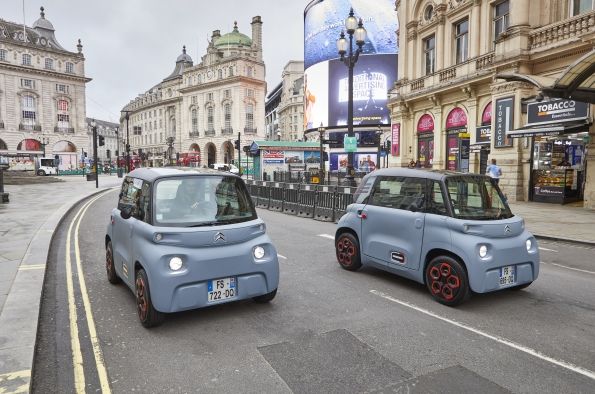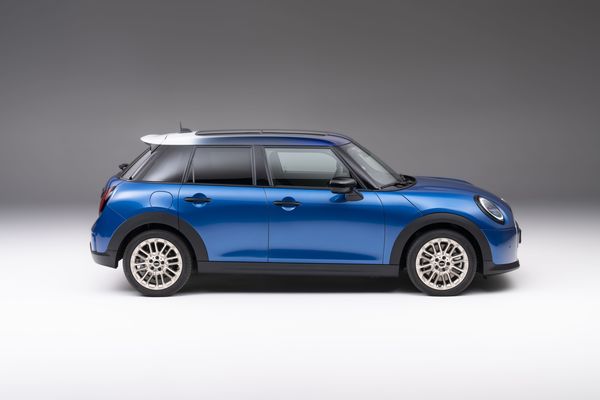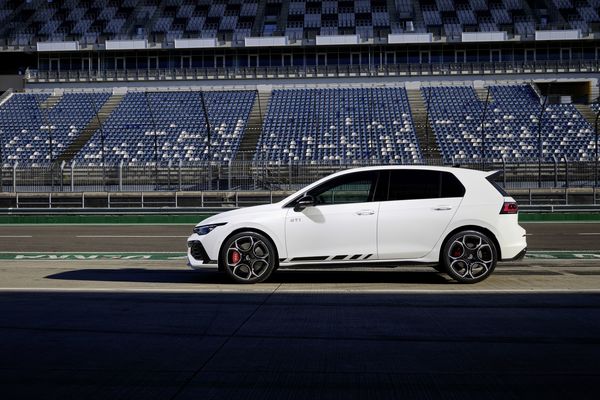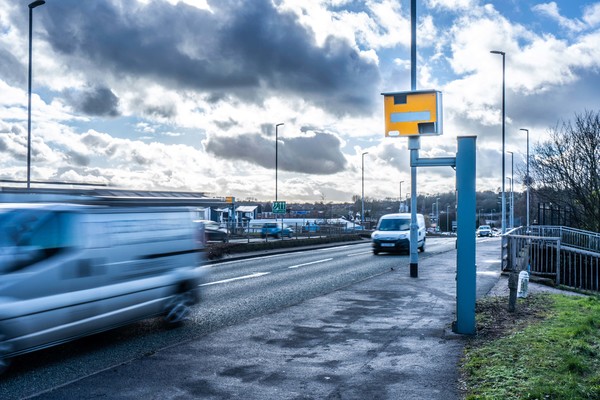IT’S the end of an era as the last Citroën C1 rolls off the production line at the plant in the Czech Republic.
Changes to working patterns, restricted vehicle usage in city centres and the need for an ultra-affordable electric solution in response to a host of new urban mobility needs have led Citroën to refocus on an innovative solution: the Ami Electric.
Launched in 2005, the C1 amassed almost 1.2 million sales thanks to its stylish design, practicability for city driving, compact 3.46m length and its urban agility. Restyled for a second generation in 2014, the C1 could adapt to offer customers three and five-door versions, as well as an electric cabrio-style canvas roof on Airscape models. As the C1 finishes its production run, the Ami Electric prepares to launch here in the spring.
Ami, it is said, is not a car – it is an innovative and practical mobility solution developed by Citroën to offer affordable, full-electric mobility in urban environments. Designed for micro-journeys and to make the lives of its users easier, the Ami benefits from a compact 2.41m length helping with town and city parking. The Ami can carry two people, has a range of 46 miles and can be recharged in just three hours, making it an option for customers looking for a 100 per cent electric, compact urban mobility solution for local journeys.
For Citroen lovers who prefer the flexibility of a five-door supermini and who find themselves going beyond the limits of the city, the company is to release a new C3 called You!, which will launch in April 2022. The new C3 You! has a starting price from £12,995 on the road..
So, Goodbye C1, hello Ami and C3. Watch this column for more info.
New VW electric is a lot of car – but for a lot of money
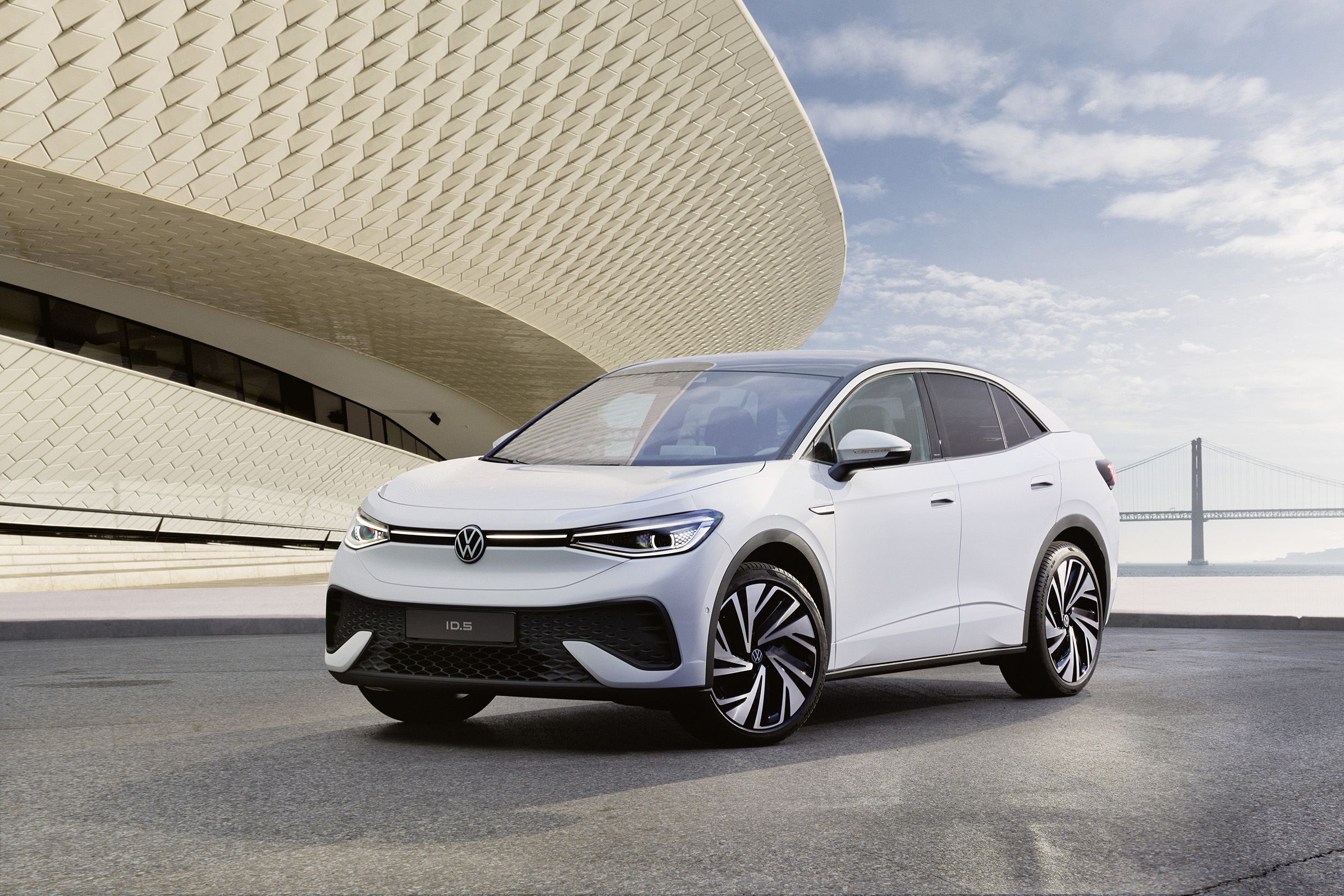
THE luxuriously appointed new Volkswagen ID.5 and ID.5 GTX are now available to order.
The distinct newcomers diversify the growing ID (Intelligent Design) model family, with the SUV-coupé featuring a combination of qualities yet unseen on a battery-powered Volkswagen. As the new flagship ID, the ID.5 offers an elegant SUV-coupé shape, a sumptuously appointed interior with an equipment list that leaves very little room for optional extras, almost all the latest innovations and luxuries offered by the brand come together in this newest addition to the Volkswagen line-up.
The ID.5 is available only with the larger 77-kWh battery pack, which VW claims gives a range of up to 313 miles, has a charge time of as little as 29 minutes to 80 per cent, or will give enough charge for 62 miles in just six minutes.
The ID.5 is available with three power options: the172bhp Pro, 201bhp Pro Performance, and the 294bhp GTX, and in three distinct trim levels. Every model comes with a panoramic sunroof; LED matrix headlights; 3D-LED taillights; semi-autonomous driver assistance; an electric tailgate; three-zone climate control; Heads-Up Display; and 12-way electrically adjustable microfleece seats with massage function. With an equipment list not out of place on a high-end luxury car, the ID.5 offers substance in addition to style.
Moving up the trim levels adds 20-inch alloy wheels; Top-Sport ‘Plus’ seats; Dynamic Chassis Control; and progressive steering. VW expects the 294bhp GTX Max will make up around 15 pere cent of ID.5 sales. This electric performance vehicle provides super swift acceleration thanks to the power delivered by its dual-motor all-wheel drive system going from 0-62mph in 6.3 seconds.
Externally, the new model is marked out by sportily-styled bumpers with adaptive front lights, whilst on the inside you’ll find exclusive seat upholstery with contrasting red stitching, dark blue leatherette door panels, GTX-branded door sill protectors, and GTX logos on the steering wheel and digital screens, all enhancing the interior ambience of the model with a modern, sporting feel.
The ID.5 is delivered to customers as a net carbon-neutral product, and that’s according to the independent auditing body TÜV NORD, which examines the entire supply chain, manufacturing process and all logistics. The ID.5 GTX Max starts at £58,640 RRP on the road – not cheap, but that’s a lot of car.
Motorsport UK excuses as Ireland misses out on a WRC round just won’t cut it
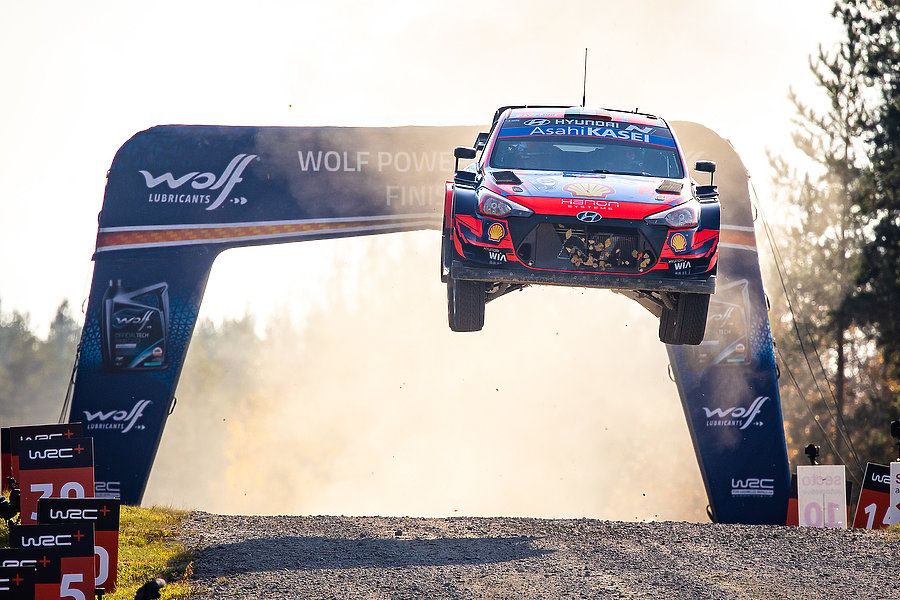
IRELAND has missed out on a World Rally Championship (WRC) round again as the NI plans collapse in disarray – with event organisers blameless.
It has been confirmed that plans to host a rally out of Belfast in August will not now happen. It is a cruel blow to promoter Bobby Willis, who has spearheaded the bid to bring the WRC to the nation. Reports emerged that the Northern Ireland rally plans were dealt a fatal blow when Motorsport UK (MUK), the so-called representative body of motorsport here sent a letter to Tourism Northern Ireland, one of the event’s backers, stating MUK was unable to proceed. That occurred while funding options to host the event were still being evaluated with other backers.
MUK blamed a “lack of decision from the Northern Ireland Executive”. It added that an “increasing financial risk to MUK of underwriting the rally” made continuing the project “unviable”, describing the outcome as “extremely disappointing.” You don’t say.
Our political and motorsport leaders have once again missed an opportunity to raise the spirits of the nation and in the process bring much needed revenue to a pandemic-hit economy. Too much time squabbling, not enough time doing anything positive. Bobby Willis has put a lot of time and a considerable amount of his own money into bringing the event to Ireland so it’s a pity MUK and the folks on the hill hadn’t done their bit as well. MUK’s CEO Hugh Chambers is quoted as saying that such an event is “complex and resource-intensive, and as such is reliant on significant government support”. Instead of issuing statements, Mr Chambers, it’s a pity you and others at Motorsport HQ didn’t push the event through. In the summer of 2021, a detailed funding application was submitted to Tourism Northern Ireland, and this was subsequently passed to the Northern Ireland Department for the Economy for the go-ahead.
MUK said: “Having identified the date of August 2022 it was widely recognised that a 12-month lead time would be needed. Due to the impact of the Covid-19 pandemic, it became inevitable that governments would reappraise expenditure, and as a result the business case assessment for a WRC event in Northern Ireland became more protracted than normal. By mid-December 2021, the increasing financial risk for MUK of underwriting the event, combined with no definitive offer of the requisite funding from the Northern Ireland Government, killed the project off.”
Shame on you.

